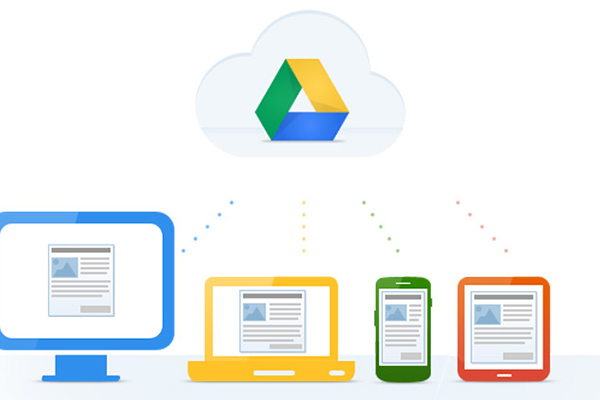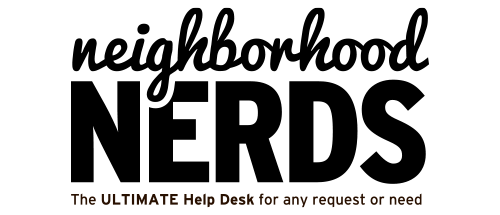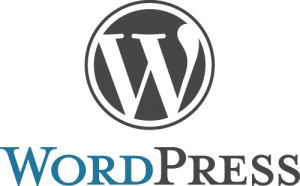
Managing Your Email Better with Gmail
May 18, 2013
Take Google Drive for a Spin
August 13, 2013
WordPress is like the “popular kids’ table” in the lunchroom of the Internet. As the most widespread “blogging system” on the Web, it’s the party that everyone attends, or is left wondering if they should. The reclusive hipster playwright scribing in his parent’s basement as well as the highly polished CNN Political Ticker utilize it simultaneously.
Originally created exclusively for blogging purposes, WordPress hit the scene in 2003. A decade later, its functionality exceeds simply posting articles and facilitating online conversation. Utilizing “Content Management System” (CMS), it allows for the creation of templated websites that include multiple pages, postings and innumerable plugin features.
The Positives
• Open Source: Developers can add personal touches and unlimited design expansion.
• Templates: Without intricate technical expertise, the average Joe can create a polished website. It is easy to install and maintains a friendly user interface.
• Searchability: For those prolific writers who update consistently, WordPress offers great searchability because search engines like this constantly changing content, regarding it as “news”.
• RSS (Really Simple Syndication): All WordPress sites include RSS, allowing automatic content feeding to other web-based formats as well as subscription. Think of it as a fast spreading infection vehicle for your work.
• Community: As a result of its ubiquity, WordPress users are part of an extensive network of creative and helpful comrades. Most questions have already been answered and the collective knowledge is vast.
The Negatives
• Templates: Although templates make set-up easy, without intense personalization they result in a generic site that is readily recognizable as the “Wordpress Special”. More in-depth knowledge is necessary for optimal customization of options and plugins.
• Changeability: Spiderman’s uncle stated, “With great power comes great responsibility” and WordPress’s power to be altered is no different. Because it can be changed on a whim and content can be added indefinitely, a WordPress site requires consistent maintenance to look professional.
• Searchability: WordPress is not the best platform for SEO without some additional legwork.
Is WordPress right for you? It depends.
How much variation do you want? How much technical know-how do you have? What’s your intended usage and your ideal audience? Do you want unlimited choices or a more limited scope of options?
The answers to these questions will help you decide whether to unpack your PBJ at the WordPress lunch table or to keep walking to find a better fit.





